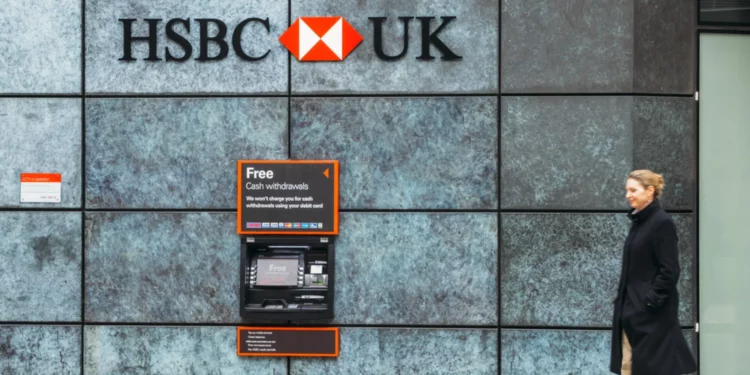The head of fraud at the HSBC in the UK, David Callington stated that the new rules coming into force next month would encourage the banks and many other payment firms to improve and amend their fraud detection system.
HSBC has thrown its weight behind proposals for internet companies to pay up for fraud, claiming that new compensation regulations requiring banks to compensate scam victims up to £85,000 will fail to curb the tide of fraud and demonstrate that the banking sector is not the problem.
The head of fraud at the HSBC in the UK, David Callington stated that the new rules coming into force next month would encourage the banks and many other payment firms to improve and amend their fraud detection system. Callington also feels that the rule will not totally reduce fraud incidents in the UK.
Despite an increase in the cases of consumers being scammed through online platforms and social media, City lobby groups have complained for years that the members have to bear the cost of the fraud against their customers.
The consumers are tricked into sending money to accounts that are operated by criminals on authorized push payments (APP). The vast majority of the APP scams are made on platforms such as Instagram, TikTok, Facebook or Google through the means of text messages or fake online ads.
The total loss of the APP fraud amounted to £459.7m in 2023 on the other hand the number of increased cases reached a total of 232,429 last year, according to data published by the banking body UK Finance.
According to Callington the key players in that ecosystem are to take upon responsibility. While banks needed to be vigilant, the financial obligations needed to “sit with those other sectors as well”, he said. “They need the financial incentive.”
The UK government has yet to come down on IT and social media companies, instead asking them to sign a voluntary online fraud code in which they promise to take steps to remove fraudulent content and safeguard users from phony advertisements.
According to Callington the fraud by APP would drastically multiply unless the charter turned into a law. This proposal would oblige telecom companies and large technology businesses to compensate customers in circumstances where their attempts to prevent online fraud were ineffective.
Efforts to protect customers have thus far centered on banks and payment processors that transfer funds from user accounts. Britain’s Payment Systems Regulator (PSR) is anticipated to make repayment of up to £85,000 mandatory beginning October 7, after most businesses failed to sign up or consistently apply a voluntary industry rule issued in 2019.
Although the UK Lobby Group spokesperson said technology firms were committed to working with banks, government and law enforcement to handle online fraud. The firms immediately worked to implement the voluntary charter.
A spokeswoman emphasized that there is plenty of reason to comply, noting that the Online Safety comply will impose important new legal requirements on online service providers. They argued that extending the responsibility for reimbursement would neither be effective nor proportionate. Instead, they suggested that the priority should be on collaborating to create improved technical solutions for identifying and disrupting online fraud, as well as prosecuting the criminals involved.
The banks and payment firms will bear the cost of the fraud equally from next month on both sides of the transaction. This will add on the existing burdens of the companies who received amounts of the victim’s cash. According to PSR data, this might be a blow to the organizations who receive the most illicit payments by volume, including smaller players such as PayrNet, Modulr, and the banks Zempler and Kroo.
The industry was relieved, however, when the PSR reversed its plans to impose a maximum reimbursement threshold of £415,000, citing pressure from banks, fintech firms, and some politicians. Some argued that it may have severely strained the finances of many smaller enterprises. The smaller £85,000 ceiling, which the PSR stated would cover 99% of claims, is anticipated to be finalized by September 30th.

















